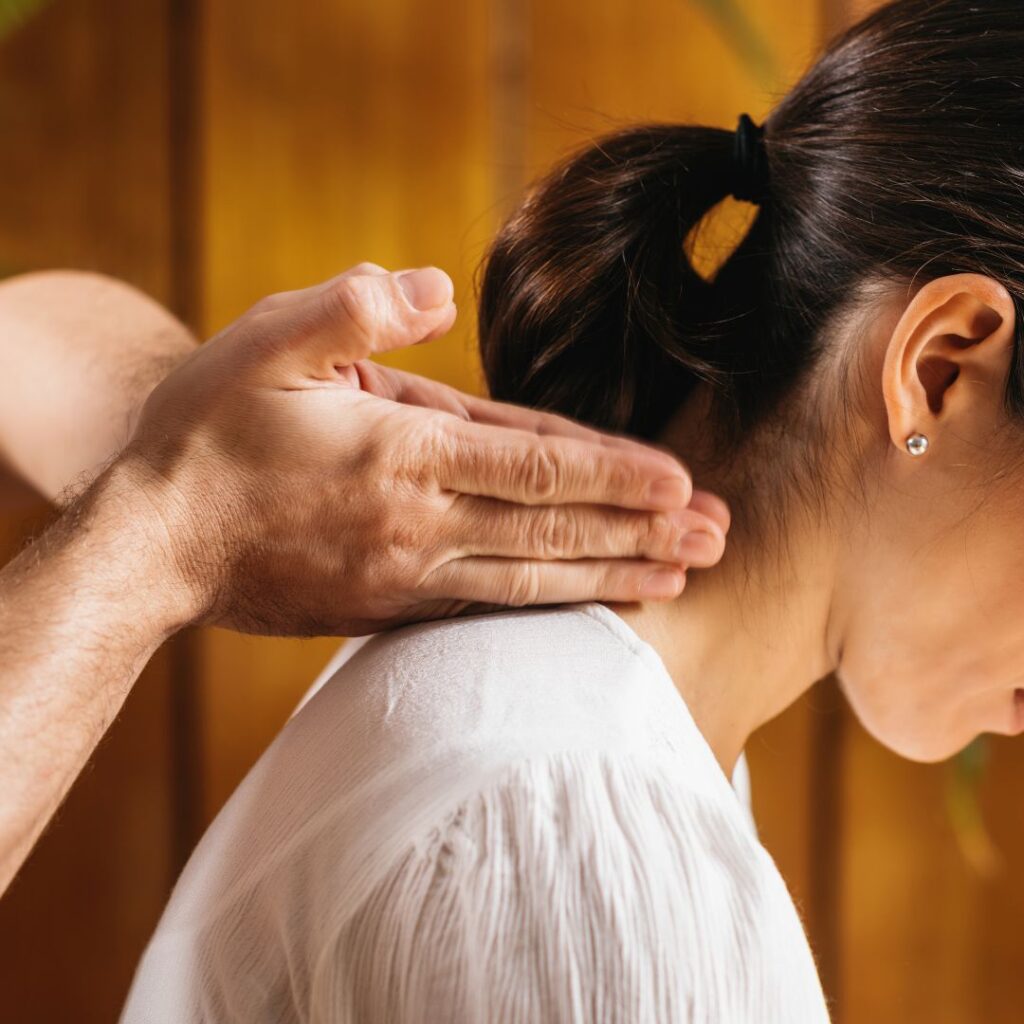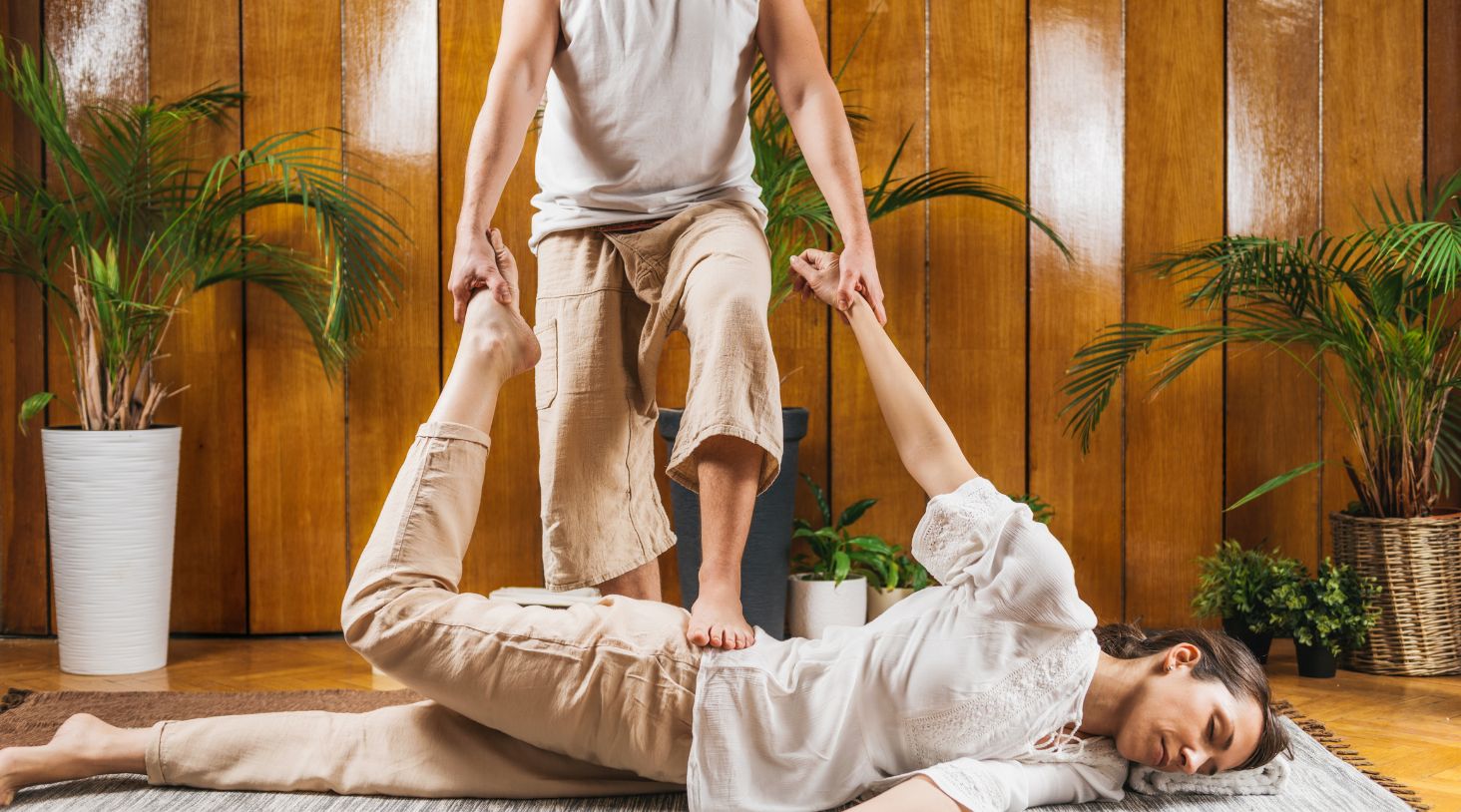Thai massage is a revered practice with deep roots in Thai culture and healing traditions. Whether you’re pursuing a certification in Thai massage or enhancing your skills, excelling in your training requires a combination of passion, focus, and consistent practice. Here are key tips to help you succeed in your Thai massage training program:
1. Understand the Basics of Thai Massage
Before diving into complex techniques, ensure that you fully understand the fundamentals of Thai massage, such as its history, philosophy, and principles. Thai massage combines acupressure, yoga-like stretching, and energy work, which means a solid understanding of the body’s meridian lines and energy flow is essential. Familiarize yourself with these concepts early to build a strong foundation.

2. Master the Proper Body Mechanics
Thai massage is physically demanding, both for the therapist and the client. Therefore, mastering proper body mechanics is crucial to avoid strain and injury. Focus on using your body weight and leverage rather than relying solely on your hands and arms. This will allow you to apply pressure efficiently without overexerting yourself. Good posture is key to preventing fatigue and ensuring long-lasting practice.
3. Practice Consistently
Practice makes perfect in Thai massage. The more you practice, the more proficient you will become in your technique and the more intuitive your movements will feel. Try to practice with different body types and sizes, as Thai massage techniques can vary based on a person’s build and flexibility. The more experience you gain, the more comfortable you’ll become adjusting your techniques to suit individual clients’ needs.
4. Develop Your Sensitivity to the Client’s Body
Thai massage is not only about technique but also about the energy you bring to your practice. Developing sensitivity to the client’s body and energy will help you provide a more effective treatment. Pay attention to your client’s breathing patterns, body language, and any signs of discomfort. Adjust the pressure and technique accordingly, and always communicate to ensure that the client feels comfortable and relaxed.
5. Work on Flexibility and Strength
As a Thai massage therapist, maintaining your own physical flexibility and strength is essential. Thai massage involves a lot of stretching, kneading, and movement that can be taxing on your body. Regular stretching exercises and yoga can enhance your flexibility, while strength training will improve your stamina and overall performance. Strong core muscles will also help you maintain proper posture during long sessions.
6. Learn to Integrate Thai Massage with Other Modalities
Many Thai massage schools offer training that also incorporates other healing practices like aromatherapy, reflexology, or hot compresses. By learning to integrate these additional modalities into your treatments, you can offer more personalized, holistic experiences for your clients. This knowledge can set you apart from others and allow you to offer diverse services.
7. Ask for Feedback
During your training, seek feedback from your instructors and peers. Constructive criticism is invaluable in the learning process. Don’t be afraid to ask questions or request clarification on techniques that you find challenging. Embrace feedback as an opportunity for growth, as it can help you refine your skills and improve your practice.
8. Stay Consistent with Theory and Practice
Thai massage training often includes both practical and theoretical components, such as learning about energy lines, pressure points, and the philosophy behind the practice. Don’t neglect the theoretical part of your training. Understanding the “why” behind the techniques will make you a more skilled practitioner and enable you to provide treatments that are not just effective but deeply healing.

9. Be Patient and Stay Humble
Thai massage is an intricate practice, and mastering it takes time. Be patient with yourself as you learn and don’t get discouraged by initial struggles. Stay humble, and remember that continuous learning is part of the process. Even experienced therapists continue to refine their techniques over time.
Conclusion
Excelling in your Thai massage training requires dedication, practice, and a strong understanding of both the theoretical and practical aspects of the craft. By focusing on proper technique, developing your physical fitness, staying patient, and consistently practicing, you’ll be well on your way to becoming a skilled and confident Thai massage therapist.

